Lesotho, a small landlocked nation, recently made headlines by declaring a national state of disaster in response to the looming threat of US tariffs. The decision was driven by the country’s alarming rates of youth unemployment and job losses exacerbated by the uncertainty surrounding trade relations with the United States. This move sheds light on the significant impact global economic policies can have on developing nations, especially those heavily reliant on exports to major markets.
Amidst the backdrop of escalating trade tensions, Lesotho found itself at the forefront of the tariff storm, facing a staggering 50% tariff rate – the highest imposed on any country – following an announcement by President Donald Trump in April. The abruptness of this decision sent shockwaves through the nation, prompting concerns about the future of its economy and workforce. While the tariffs have since been paused, the residual effects continue to reverberate across the country, fueling uncertainty and economic instability.
In the face of these challenges, the government of Lesotho took the unprecedented step of declaring a state of disaster, signaling the gravity of the situation and the urgent need for intervention. This move not only underscores the severity of the economic crisis gripping the nation but also highlights the proactive approach taken by authorities to address the pressing issues at hand. By acknowledging the interconnectedness of economic policies and social welfare, Lesotho’s response serves as a poignant reminder of the delicate balance between trade dynamics and human livelihoods.
“The declaration of a state of disaster reflects the harsh reality facing our nation and the imperative to safeguard our people’s well-being in times of economic turmoil.”
While the immediate focus remains on mitigating the impact of US tariffs on the economy, the broader implications of this crisis extend far beyond Lesotho’s borders. The incident serves as a stark illustration of the vulnerabilities faced by developing nations in the face of unilateral trade decisions by global superpowers. It raises questions about the fairness and equity of trade practices, particularly concerning the disproportionate effects on smaller economies with limited bargaining power.
“Lesotho’s plight underscores the need for greater transparency and collaboration in international trade agreements to ensure the protection of vulnerable economies.”
From a community perspective, the declaration of a state of disaster has sparked conversations about the resilience of the nation in the face of adversity. It has brought to the forefront discussions on the need for diversified economic strategies and enhanced social safety nets to cushion the impact of external shocks. The solidarity and support demonstrated by local communities in response to the crisis highlight the unwavering spirit of the people amidst challenging circumstances.
As the global economic landscape continues to evolve, the case of Lesotho serves as a poignant case study in the intricate interplay between trade policies, economic development, and social welfare. It underscores the importance of proactive governance, strategic planning, and international cooperation in navigating the complexities of a rapidly changing world. The lessons learned from this experience are not only relevant to Lesotho but resonate with other developing nations facing similar challenges in an increasingly interconnected global economy.
In conclusion, Lesotho’s declaration of a state of disaster in response to US tariffs symbolizes a critical juncture in the nation’s economic trajectory, marked by resilience, introspection, and a call for collective action. It underscores the imperative for inclusive and sustainable economic policies that prioritize the well-being of all citizens, especially the most vulnerable segments of society. The road ahead may be fraught with uncertainties, but the spirit of unity and determination exhibited by the people of Lesotho stands as a beacon of hope in the face of adversity.


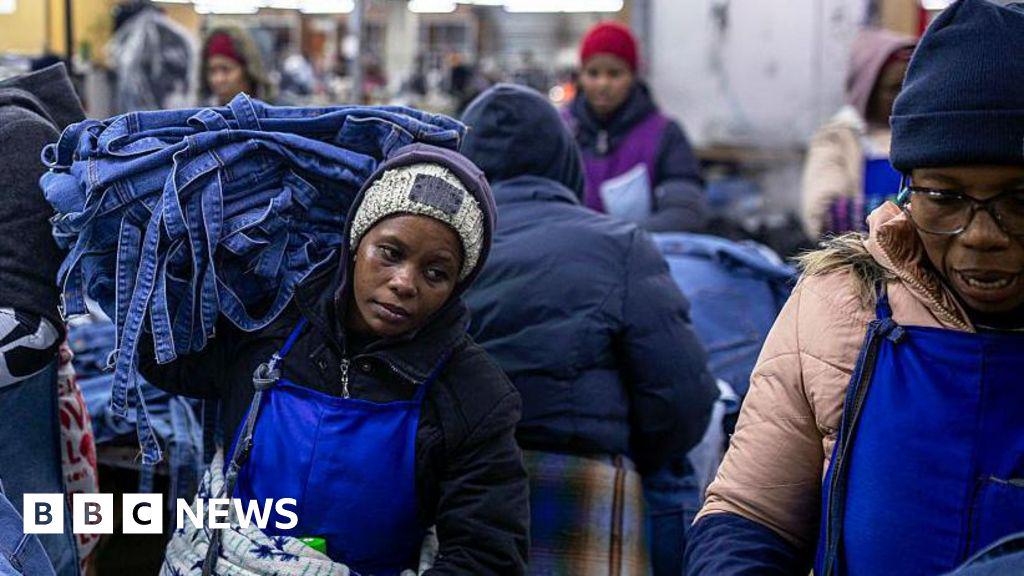

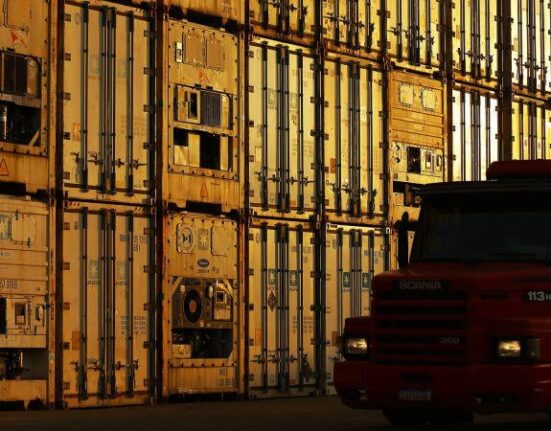
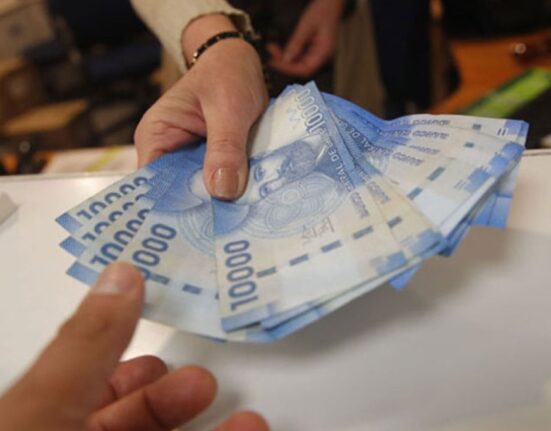
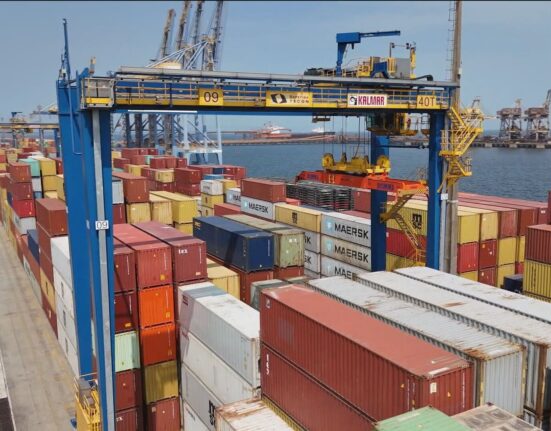
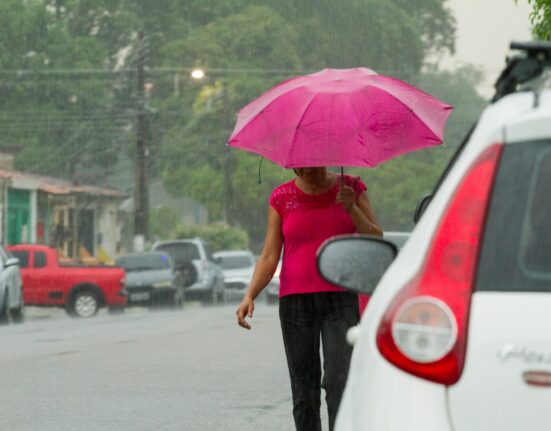

Leave feedback about this